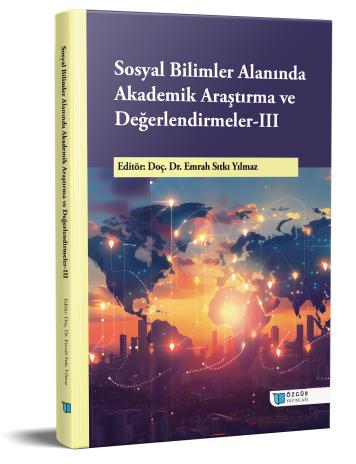
The Fate of the Ottoman Empire in the Context of the Crimean War: Thomas Carlyle and His Work Shall Turkey Live or Die?
Chapter from the book:
Yılmaz,
E.
S.
(ed.)
2024.
Academic Research and Evaluations in the Field of Social Sciences-III.
Synopsis
This study examines the impact of the Crimean War (1853–1856) on the Ottoman Empire and explores the debates surrounding its fate through the lens of Thomas Carlyle’s lesser-known work, Shall Turkey Live or Die?. Taking place during a period of profound political and social transformation for the Ottoman Empire, the Crimean War represented a pivotal moment not only for the Empire itself but also for the broader geopolitical structure and international order of Europe. The conflict elevated the issue of the Empire’s territorial integrity to the forefront of European concerns, intensifying discussions within Western circles about the future of the Ottoman Empire.
In his work, Carlyle does not merely interrogate the political existence of the Ottoman Empire but critically examines the moral and political attitudes of Western civilisation towards it. He challenges the interventionist and hypocritical policies of the West while highlighting the Ottoman governance model, rooted in principles of justice and religious tolerance. Carlyle frames the Ottoman Empire not solely as a geopolitical actor but as a crucial stabilising force within European affairs. By doing so, he presents an alternative perspective to the predominant Eurocentric narratives of his time.
Carlyle’s work stands as a valuable resource for understanding the intricate dynamics of Ottoman–Western relations in the context of the Crimean War. His critiques expose the interventionist tendencies of Western powers and the moral inconsistencies of international relations in the 19th century. Furthermore, the work invites a reassessment of the Ottoman Empire’s role in European politics, both as a political entity and a moral equilibrium. Ultimately, Shall Turkey Live or Die? offers a comprehensive critique of entrenched Western perspectives and provides a nuanced analysis of the Ottoman Empire’s historical significance within a broader geopolitical and moral framework.

